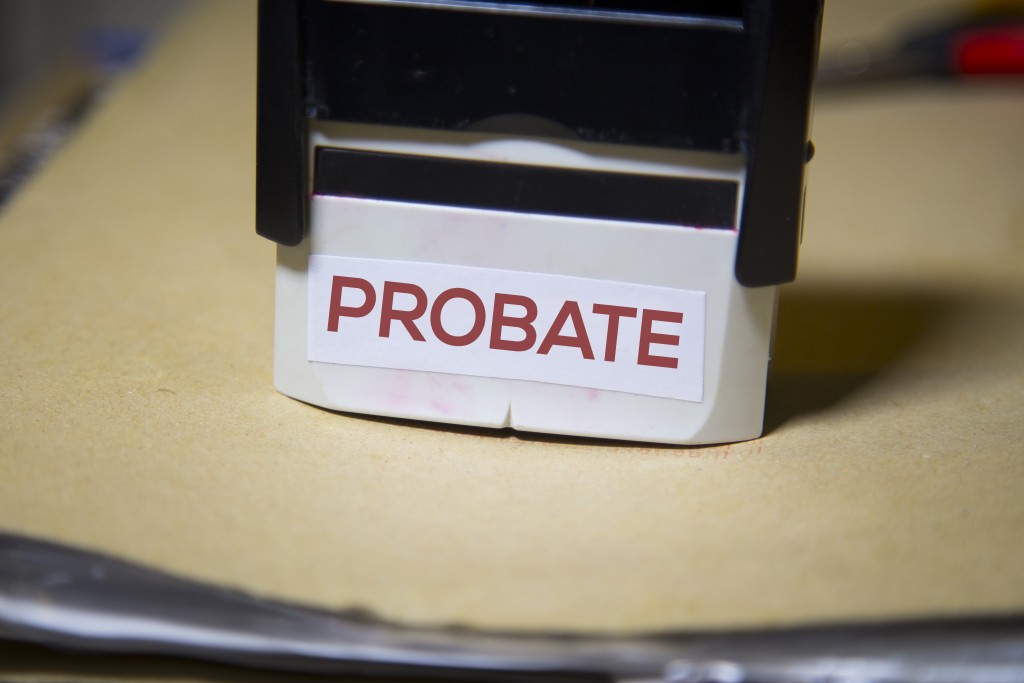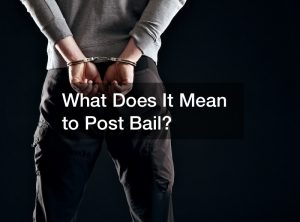Probate is the legal process of validating the authenticity of a deceased person’s will and executing the wishes therein. In essence, it should be a straightforward process of determining the value of the deceased’s assets, paying their last taxes and bills, and transferring the remainder to the beneficiaries as indicated in the will. Unfortunately, that is not always the case.
Sometimes, there are problems that arise during probate. These problems often delay the process and make it more difficult for the deceased’s family to grieve their loss. To prevent unnecessary hardship on the people you leave behind, here are the common problems that arise during probate and the ways you can avoid them:
1. The executor refuses their role
In the creation of a will, the person who is named executor is the one who will be responsible for managing your assets, paying your debts, and making decisions to ensure your wishes are fulfilled when you pass away. If the person you named executor refuses their role, the court may appoint someone else to assume the role, which is a person you may not want to manage your assets.
While you cannot be a hundred percent sure that your chosen executor won’t back out of their responsibility after your death (or become unable to fulfill their role for whatever reason), it is incredibly important to choose someone that you fully trust and wholeheartedly agrees to take on the role. If you do not want to name a friend or family member as your executor, you can give the role to your trusted probate attorney or estate lawyer.
2. Estate assets are difficult or impossible to find
Probate becomes even more difficult when estate assets are difficult or almost impossible to find. If this is the case, the people you leave behind will have a hard time tracking your bank accounts, real estate, valuable possessions, important documents, and other things related to your assets.
The best way to avoid this problem is by letting your estate attorney or executor know where to find all of your assets in the event of your death. This includes safety deposit boxes, financial documents, land titles, and banks with which you have an account.
3. Beneficiaries or potential beneficiaries dispute the will’s validity

There are many cases wherein both named and potential beneficiaries dispute the validity of the will because it was written when the deceased was under undue influence. This situation is very common when the deceased is very old and dependent on the person/s who may have helped them write their will. If the people you leave behind challenge the validity of your will, the process of distributing your assets will drag on longer than it should, and undeserving beneficiaries may receive your assets.
Similar to the first problem, there is no guarantee that no one will challenge the validity of your will when you’re gone, but there are several ways you can minimize the chance of this happening. One is to write your will while you are still able to make decisions independently (and look it) so that it will be difficult to contest the will on the basis that you were too old. Another is to include a no-contest clause in your estate plan. With this clause, the person who challenges the will won’t receive anything from your estate, which is a great deterrent for anyone who may want to contest your wishes.
4. The executor fails to fulfill their obligations
The executor to a will is a judiciary, which makes them legally responsible for managing the deceased’s assets properly for the benefit of the estate and the deceased’s beneficiaries. If the person named executor fails to fulfill their obligations or attempt to manipulate the deceased’s assets for their own benefit, they may cause harm to the estate and the beneficiaries of the will. As such, the victims affected by the executor’s actions may be eligible to file a damage claim for breach of judiciary duty.
While it is true that one does not need to be a lawyer, accountant, or any other professional that is experienced in handling wills and finances, the person you choose as the executor should be responsible, organized, impartial, patient, and has at least basic knowledge of how legal and financial processes work. It is also a good idea to choose someone who can handle their own finances well and are not too busy to fulfill their obligations.
The best way to leave this Earth is while knowing that your loved ones will be taken care of after you pass. To ensure this, be mindful of what problems might arise during the probate process, and know what you can do to prevent them from happening.





